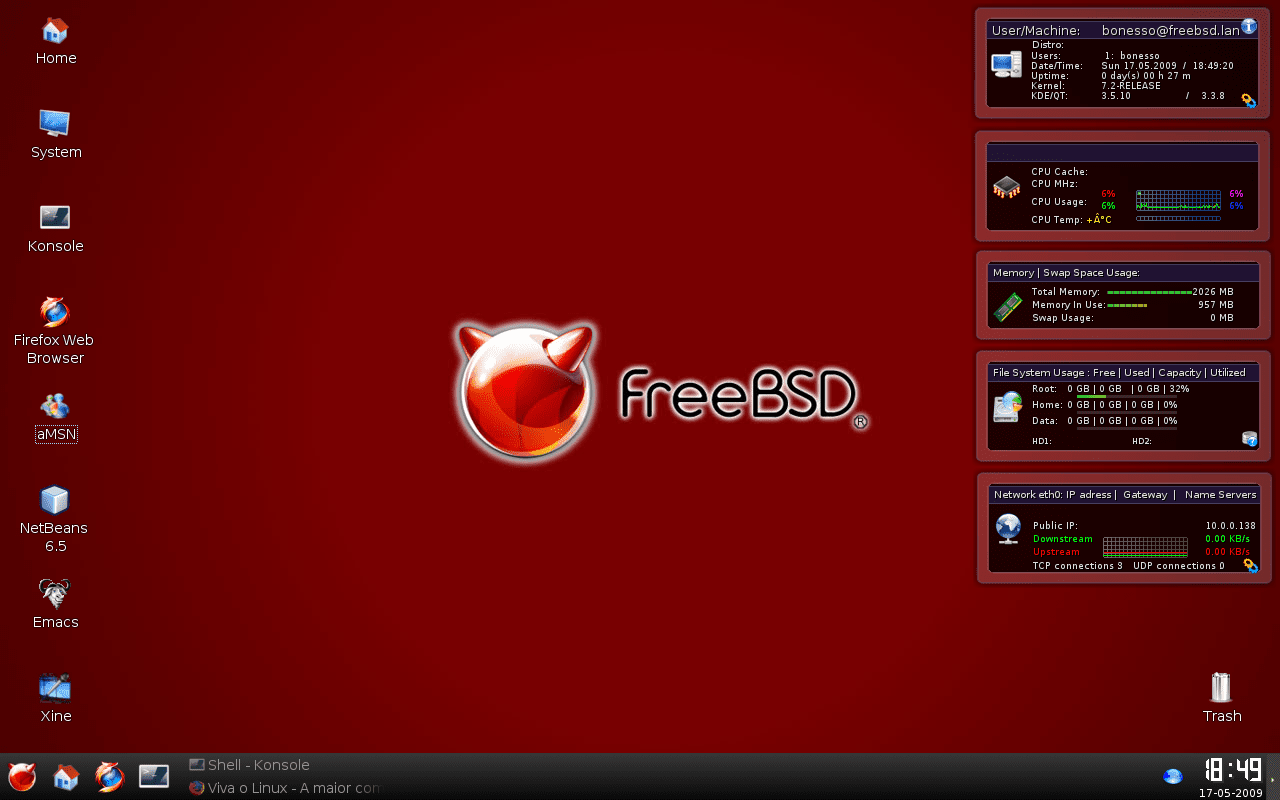Summary: The FreeBSD Project has issued a critical security advisory regarding a vulnerability (CVE-2024-43102) that could allow attackers to exploit kernel panic or execute arbitrary code, leading to potential system compromise. This flaw affects multiple versions of FreeBSD and has a maximum CVSS score of 10, necessitating immediate action from users to mitigate risks.
Threat Actor: Unknown | unknown
Victim: FreeBSD users | FreeBSD
Key Point :
- The vulnerability is found in the _umtx_op system call, specifically in the UMTX_OP_SHM operation’s handling of anonymous shared memory.
- Concurrent removal attempts can lead to a race condition, resulting in a Use-After-Free scenario that can be exploited for kernel panic or arbitrary code execution.
- FreeBSD versions below 14.1, 14.0, 13.4, and 13.3 are affected, and users are urged to upgrade or apply patches immediately.
- The flaw allows attackers to escape the Capsicum security framework, potentially escalating privileges and compromising sensitive data.
- System administrators should implement monitoring and restrict access to vulnerable systems until they are fully patched.

The FreeBSD Project has issued a security advisory warning of a critical vulnerability (CVE-2024-43102) affecting multiple versions of its operating system. This flaw, rated with a maximum CVSS score of 10, could allow malicious actors to trigger a kernel panic or execute arbitrary code, potentially leading to a complete system compromise.
The vulnerability resides within the _umtx_op system call, which is integral to thread synchronization. Specifically, the issue lies in the UMTX_OP_SHM operation’s handling of anonymous shared memory used for process-shared mutexes.
Concurrent attempts to remove such mappings using the UMTX_SHM_DESTROY sub-request can lead to a race condition. This can result in the premature freeing of an object representing the mapping, paving the way for a Use-After-Free scenario. Exploiting this condition, an attacker could craft malicious code to trigger a kernel panic, halting the system, or even achieve code execution, bypassing security measures like the Capsicum sandbox.
The following FreeBSD versions are vulnerable to CVE-2024-43102:
- FreeBSD OS versions below 14.1
- FreeBSD OS versions below 14.0
- FreeBSD OS versions below 13.4
- FreeBSD OS versions below 13.3
If you are running any of these versions, it is crucial to take immediate action to protect your systems from potential exploits.
The critical nature of this vulnerability cannot be understated. A CVSS score of 10 reflects the worst-case scenario, where successful exploitation could lead to full system compromise. The possibility of kernel-level crashes, combined with the potential for arbitrary code execution, makes this one of the most dangerous vulnerabilities discovered in FreeBSD to date.
Moreover, the ability to escape Capsicum, a robust security framework designed to contain untrusted code, could allow attackers to move beyond intended confinement and escalate privileges. This could have far-reaching consequences for systems handling sensitive data or running critical infrastructure.
FreeBSD users should act quickly to mitigate the risk of exploitation. The FreeBSD Project has likely released patches addressing the issue in newer versions. System administrators are strongly advised to:
- Upgrade to the latest secure versions of FreeBSD (14.1, 14.0, 13.4, or later).
- Apply security patches provided by the FreeBSD Project as soon as possible.
- Review and restrict access to any potentially vulnerable systems, especially those exposed to untrusted code or shared among multiple users.
For organizations relying on FreeBSD in critical environments, implementing additional monitoring for suspicious activity and tightening access controls can provide an extra layer of defense until the system is fully patched.
Related Posts:
Source: https://securityonline.info/freebsd-issues-urgent-security-advisory-for-cve-2024-43102-cvss-10